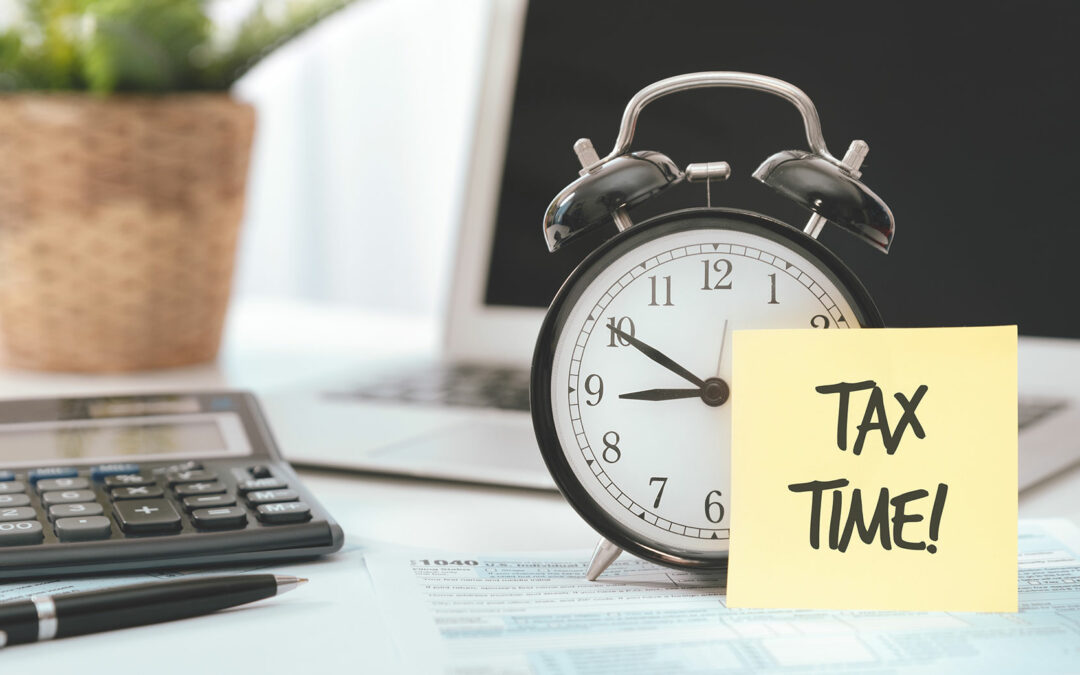FAQs on Estimated Tax Payments
When are the estimated tax payment dates?
| If you earned income during this period | Estimated tax payment deadline |
| Jan. 1 – Mar. 31, 2025 | April 15, 2025 |
| April 1 – May 31, 2025 | June 17, 2025 |
| June 1 – Aug. 31, 2025 | Sept. 16, 2025 |
| Sept. 1 – Dec. 31, 2025 | Jan. 15, 2026 |
Who should make estimated quarterly tax payments?
According to the IRS, you don’t have to make estimated tax payments if you’re a U.S. citizen or resident alien who owed no taxes for the previous full tax year. And you probably don’t have to pay estimated taxes unless you have untaxed income.
Those who generally may have estimated tax payment obligations are 1099 workers, W-2 workers who are not withholding enough to cover their tax bill, businesses, and some investors.
People who aren’t having enough withheld. The IRS says you need to pay estimated quarterly taxes if you expect:
You’ll owe $1,000 or more in federal income taxes this year, even after accounting for your withholding and refundable credits (such as the earned income tax credit).
Your withholding and refundable credits will cover less than 90% of your tax liability for this year, or 100% of your liability last year, whichever is smaller. The threshold is 110% if your adjusted gross income last year was more than $150,000, or $75,000 for married filing separately
Self-employed people. Independent contractors, freelancers, and people with side gigs who expect to owe $1,000 or more in taxes are prime candidates for estimated quarterly taxes. That’s because no tax is automatically withheld on their income.
Businesses. Corporations may also need to make estimated income tax payments if they owe at least $500 for the tax year.
Landlords and investors (maybe). Those with rental income and investments might need to pay estimated quarterly taxes — even if an employer withholds taxes from their regular paychecks.

